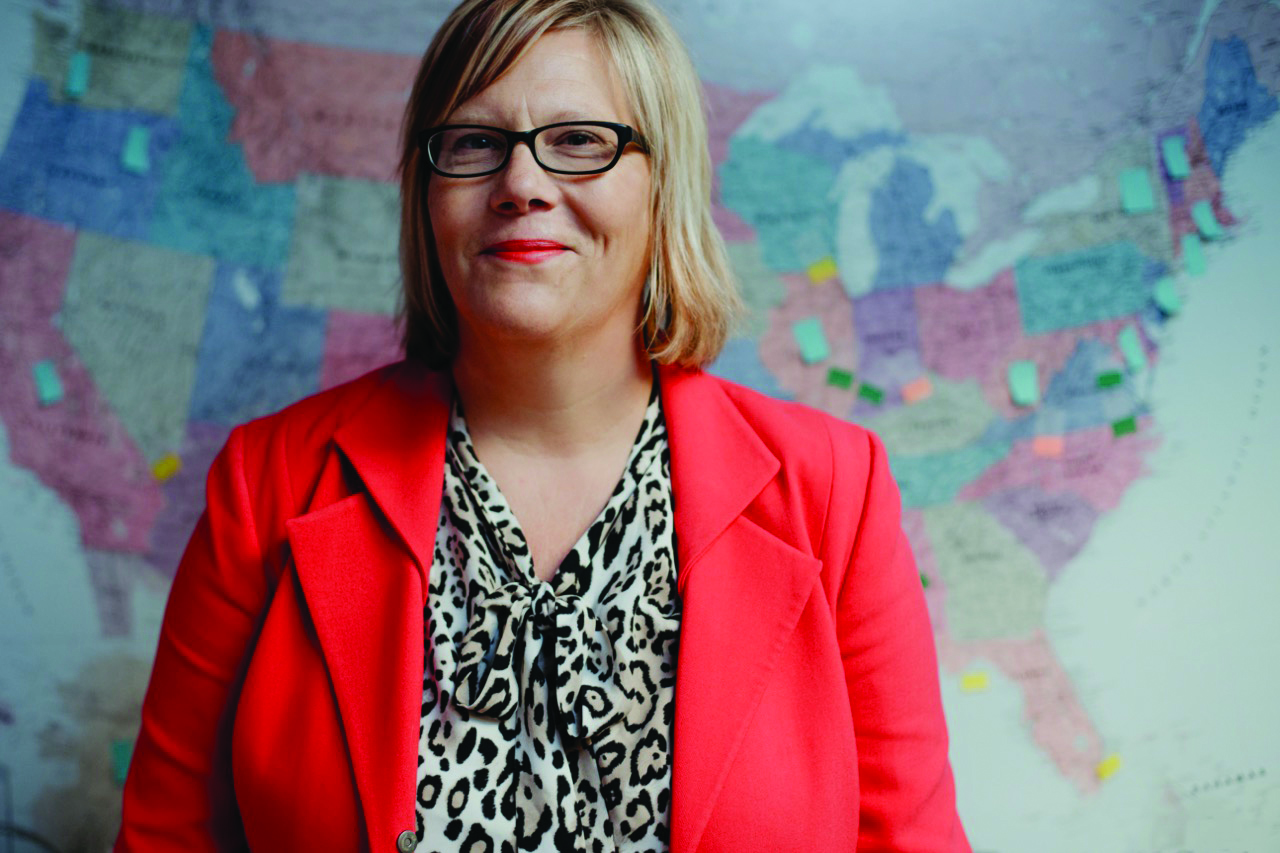In the year since the U.S. Supreme Court overturned Roe v. Wade, access to abortion has changed dramatically across the United States. And while access to reproductive health care is still protected in Virginia, the Dobbs v. Jackson Women’s Health Organization decision has impacted Charlottesville abortion providers.
As the last state in the South without a pending post-Roe restriction on abortion access, Virginia has quickly become a safe haven for those living in surrounding states. At Whole Woman’s Health of Charlottesville, this has led to a spike in out-of-state patients.
“Virginia has really played a role in the post-Roe America, where we are seeing people coming from states where abortion is banned,” says WWH founder and CEO Amy Hagstrom Miller. “Tennessee, Kentucky, West Virginia are all our borderland states where abortion has been banned this year, and those folks are coming into Virginia for care, and they should have access to mifepristone if that’s what they choose.” Hagstrom Miller, an advocate for reproductive rights across the country for many years, has continued her work vigorously since the Dobbs decision.
While anti-abortion groups celebrated the overturn of Roe, they continue to push for further limitations on reproductive rights. At the center of these efforts has been mifepristone, the drug most commonly used for medication abortion in the U.S.
Earlier this year, the legality of mifepristone was challenged by a Texas ruling—Alliance Hippocratic Medicine v. FDA—which sought to overturn the FDA’s decades-old approval of the drug. Although the U.S. Supreme Court struck down the mifepristone ban, the case has been sent back to the notoriously conservative Fifth Circuit Court of Appeals.
Speaking about the challenge to mifepristone, Hagstrom Miller says, “It’s just nonsense, it’s just crazy. They’re not following medical science and it’s really unprecedented for somebody to try to call into question a drug that’s been approved by the FDA for 23 years.” She continued, “What we’re dealing with here is politics, it’s nothing about science or medicine, and I think it was chosen on purpose to be in that district court in Texas because they were hand-picking Judge Kaczmarek, who is a Trump-appointed judge who’s very publicly and well known to be anti-abortion.”
Mifepristone is a vital part of how WWH provides care to its patients, and Hagstrom Miller says the Charlottesville clinic will continue providing medication abortion as long as possible. “Medication abortion is far and away the most common method that most people choose when they face the decision to terminate a pregnancy,” says Hagstrom Miller. “If for some reason mifepristone is limited, we will continue to offer abortions with medication.”
In order to protect access to mifepristone, Hagstrom Miller and WWH have launched their own suit suing the FDA. At press time, the suit is still ongoing.
For now, Hagstrom Miller is continuing to fight for reproductive rights by recruiting additional providers to the Charlottesville clinic and stressing the importance of Virginia’s upcoming legislative elections. Given Gov. Glenn Youngkin’s support of abortion restrictions, Hagstrom Miller says, “We need to be sure that we don’t lose the Democratic majority in the Senate so that we can stop the kind of extremism that he’s been talking about.”
